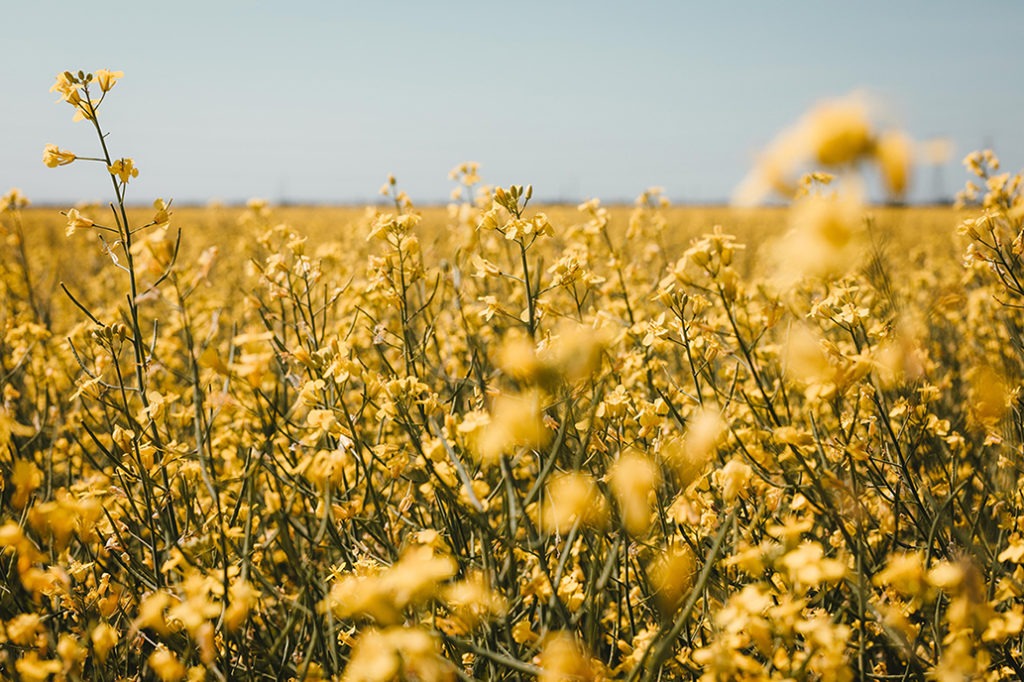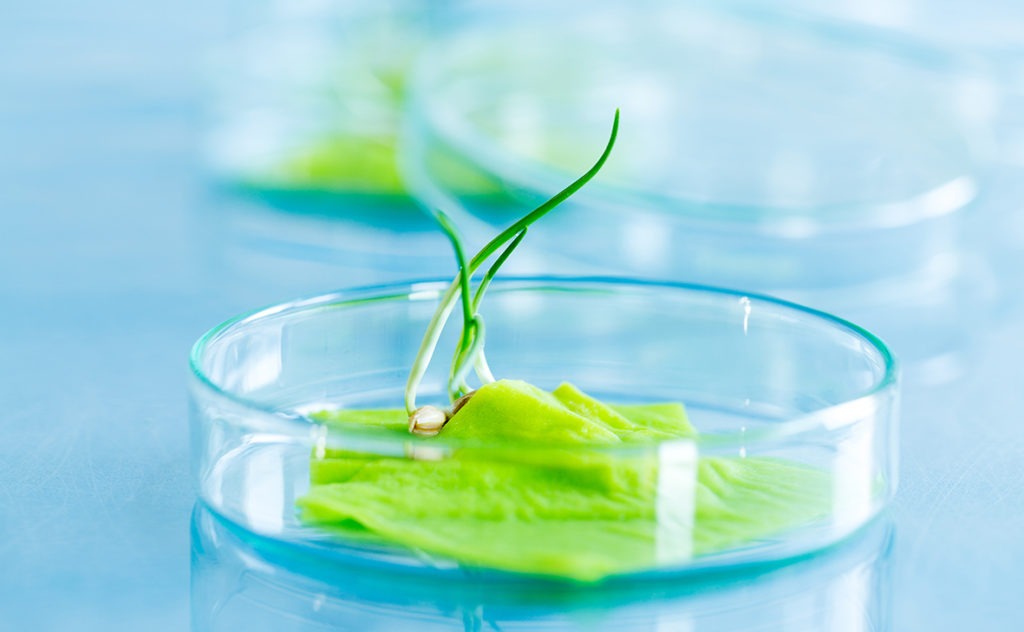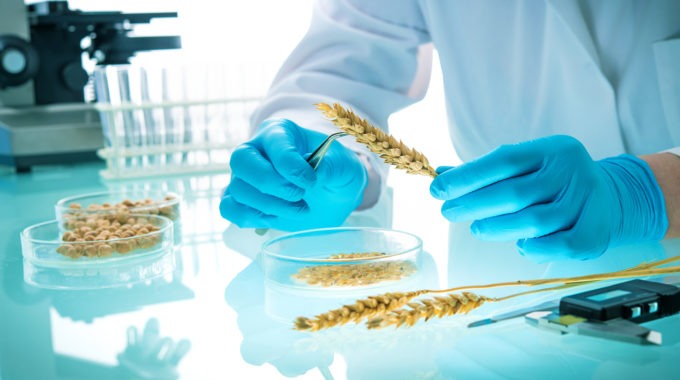NSW genetically modified crop ban lifted
July 1 marked the expiry of the NSW genetically modified crop moratorium. This means that every mainland Australian state can now access all approved GM crops. It will also bring Australia’s farmers into line with their major international agricultural competitors.
NSW Minister for Agriculture Adam Marshall announced the lapse of the 18-year ban. He stresses that there is a robust safety system in place, with all applications to grow genetically modified crops assessed by the Commonwealth Gene Technology Regulator.
“By lifting the ban, we hope to unlock the potential of GM crops for our state’s growers,” the minister says. “This will deliver better yields with fewer inputs such as pesticides, and growing more nutritious produce. GM technology could save farmers up to 35 percent on their overheads and boost production by almost 10 percent.”

According to CropLife Australia, the peak national industry organisation representing the agricultural chemical and biotechnology sector, the lift on the GM ban represents a leap forward for the productivity and environmental sustainability of Australian farming.
“Farmers should be the ones to make their own choice about what crops to grow that best fit their farm and business model,” says CropLife CEO Matthew Cossey. “Having access to genetically modified crops is only going to become more important as farmers continue to face periods of drought and increasingly harsh conditions in a changing climate.”

Maintaining supply
Cossey says the importance of food security highlighted by the pandemic is a prime example of the continuous need for exploration and development of agricultural innovations via both conventional systems and modern approaches, such as genetic modification.
“The global pandemic caused the single greatest disruption to global food supply in generations,” he continues. “Throughout, the Australian agriculture sector has delivered continuity in the supply of safe and nutritious food to domestic and global markets.”
Cossey believes that biotechnology and crop protection innovations will play an increasing role in meeting food production and supply challenges.
“With all mainland Australian state moratoria removed, we will soon see stronger research and innovation,” he says. “This will facilitate access to current and future biotech crops.”
NSW has successfully grown genetically modified cotton and canola since 1996 and 2008, respectively. Queensland and the Northern Territory have never had GM moratoria in place. There is no longer a moratorium in Victoria, Western Australia or mainland South Australia. A moratorium is still in place for Kangaroo Island (SA), Tasmania and the ACT.









